
學生應能建立知識並了解:
(a) 基本的歷史概念,例如因果關係、演變與延續,比較不同事件的異同;
(b) 陳述和詮釋歷史的方式,及這些方式所表達的不同觀點與角度;
(c) 本身所屬國家和其他國家的信念、經驗及行為,以及這三者如何影響當今世界的發展;
(d) 在二十世紀期間,本地、國家、亞洲以及世界的主要事件/運動之間的相互關係;及塑造今日世界的主要歷史發展及趨勢。
學生應能掌握技巧以能:
(a) 分辨事實與見解,辨識偏頗的觀點、隱晦的假設及空洞的論點,從而建立歷史的觀點與視野;
(b) 比較和詮釋歷史資料及根據可用的顯證作出合理的結論,同時理解可根據新的史料及其詮釋,對歷史重新作出評價;
(c) 辨別並解釋歷史文獻和檔案怎樣反映作者/當代的人所持的態度、價值觀及情感;
(d) 恰當地選用史料,以提出合乎邏輯和前後一致的論點;
(e) 蒐集與分析資料,並臚列和衡量各種可行的方法,從而作出決定和加以評估;及
(f) 將歷史知識及技能應用於日常生活中。
學生應培養一系列正面的價值觀和態度,以能:
(a) 體會過往人類面對的困難與挑戰,理解影響人類行為的態度及價值取向;
(b) 尊重和包容不同的意見,既明白不同民族有不同的經驗和信念,也認同人類共有的情操及理想;
(c) 發展及保持對人類文化的探究精神;及
(d) 成為具有世界視野、國民意識和有責任感的公民。
Students are expected to acquire knowledge and develop understanding of:
(a) basic historical concepts, such as cause and effect, change and continuity, and similarities and differences;
(b) diverse standpoints and perspectives inherent in different ways of representing and interpreting the past;
(c) the beliefs, experiences and behaviours of their own nation as well as of other nations, and the ways in which they have shaped the development of the contemporary world;
(d) the inter-relations of major events and movements that have occurred in the local community, the nation, Asia and the world in the 20th century; and
(e) the major historical developments and trends that have shaped the contemporary world.
Students are expected to master skills which will enable them to:
(a) distinguish fact from opinion; detect biased viewpoints, ambiguous assumptions and unsubstantiated arguments; and build up proper historical perspectives;
(b) compare and interpret historical data; arrive at reasoned conclusions based on available evidence; and recognise the fact that history is subject to reassessment based on the interpretation of new evidence ;
(c) ascertain and explain the extent to which historical documents and archives reflect contemporary attitudes, values and passions;
(d) present logical and coherent arguments through the proper selection and organisation of historical data;
(e) search for, select, analyse and synthesise information through various means, including the Internet, and consider various ways of arriving at conclusions and making appraisals; and
(f) apply historical knowledge and skills in everyday life.
Students are expected to cultivate positive values and attitudes that will enable them to:
(a) appreciate the difficulties and challenges that humankind faced in the past, and to understand the attitudes and values that influence human behaviour;
(b) tolerate and respect different opinions, and to recognise the fact that although different communities have different experiences and beliefs, there are values and ideals that are commonly shared by all humankind;
(c) develop and maintain an inquisitive attitude towards human culture; and
(d) become responsible citizens with a sense of national identity and a global perspective.
| Activities | Photos |
| 歷史科同學參觀终審法院 | 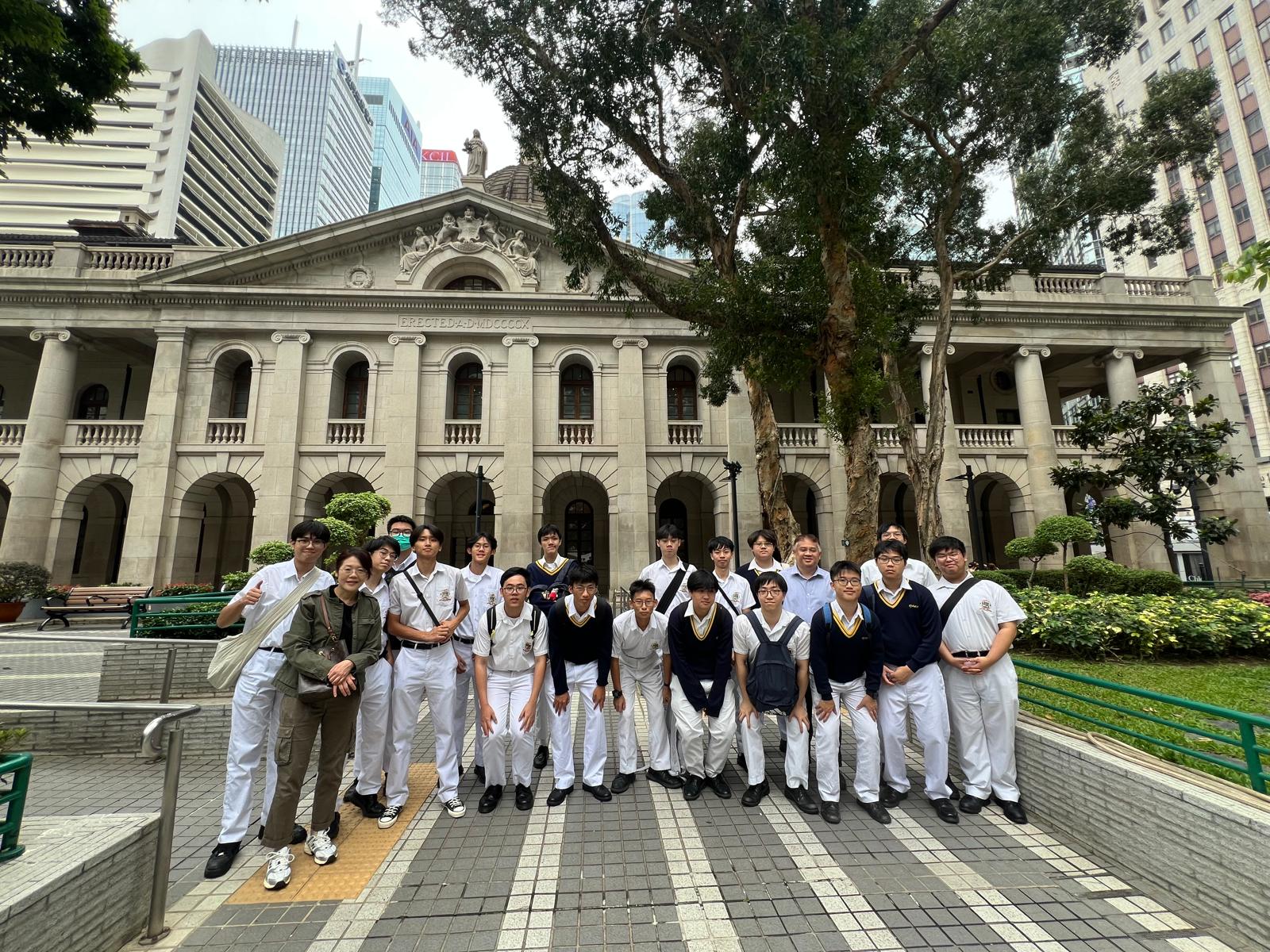 |
| 參觀參觀鄧氏文物館 | 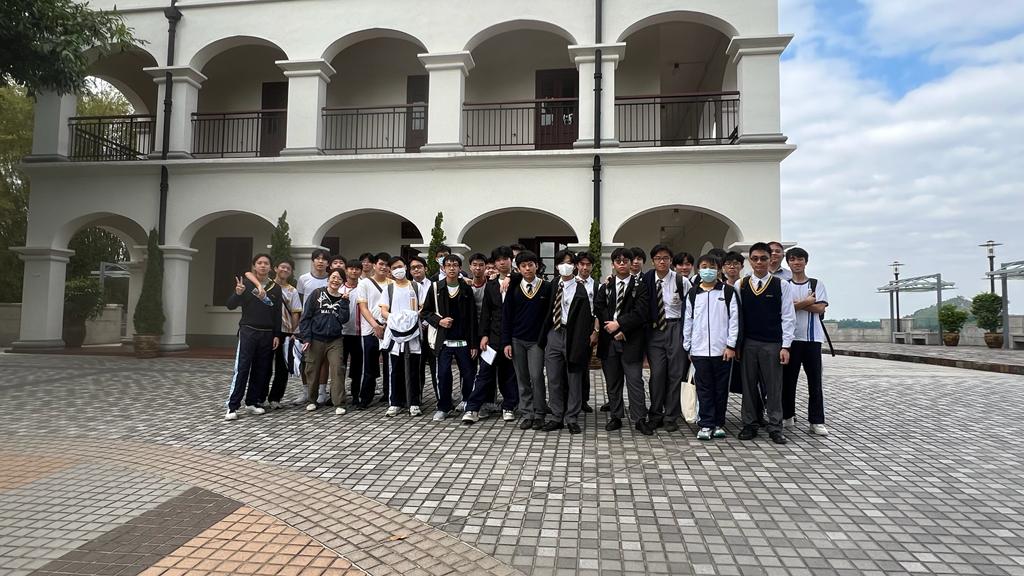 |
| 考察本地社區歷史文化 | 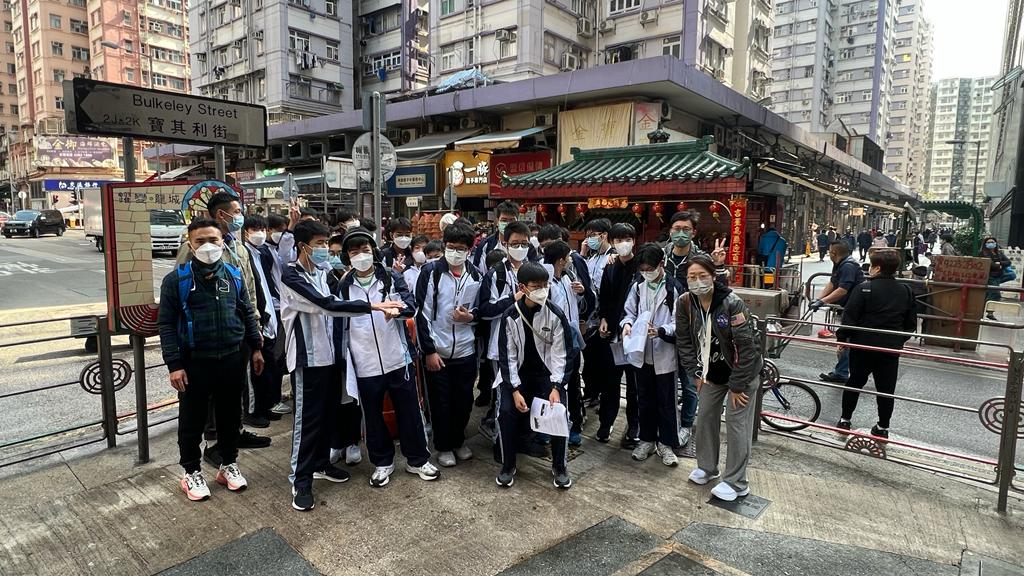 |
| 考察本地社區歷史文化 | 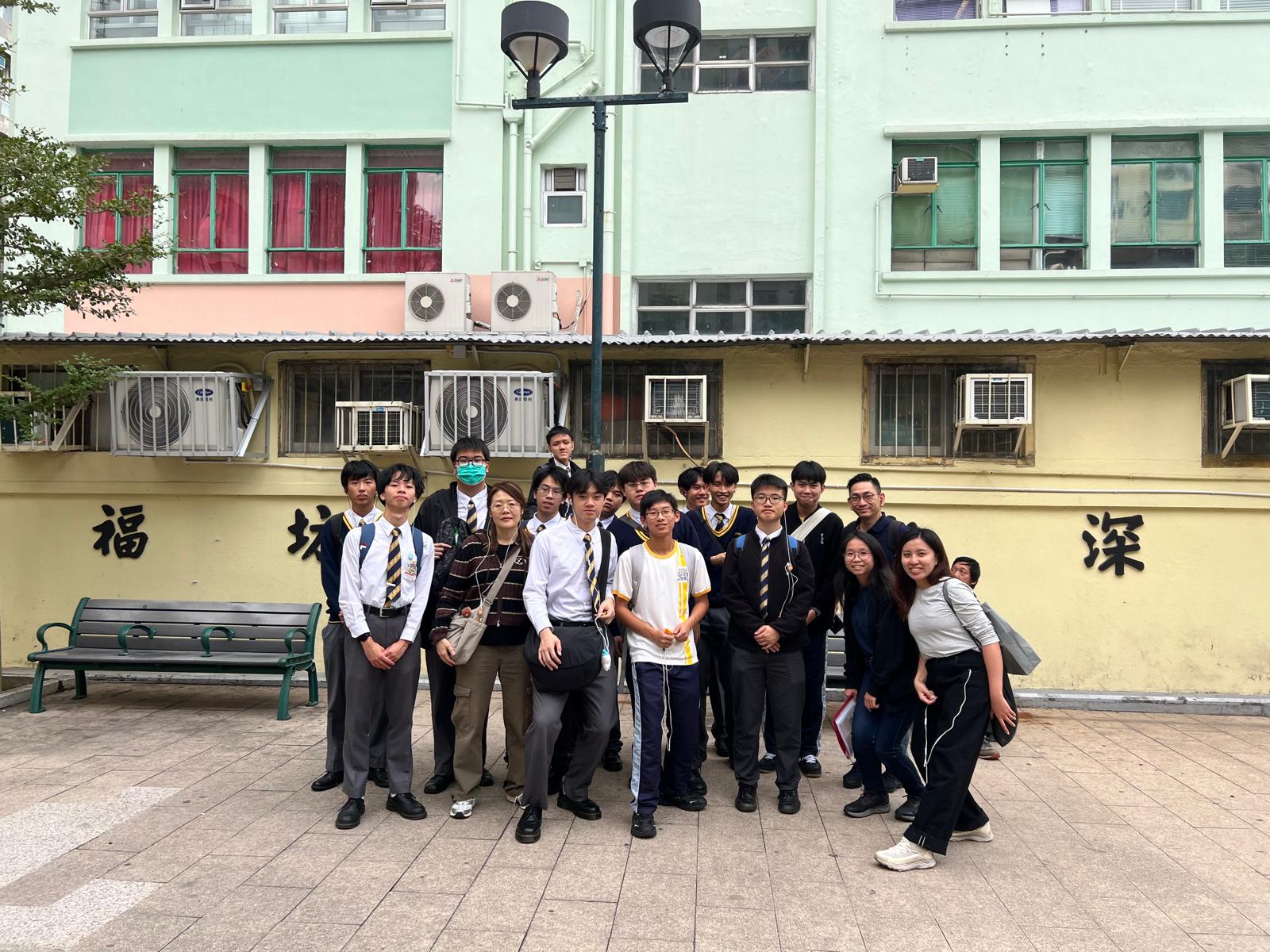 |
| 考察本地社區歷史文化 | 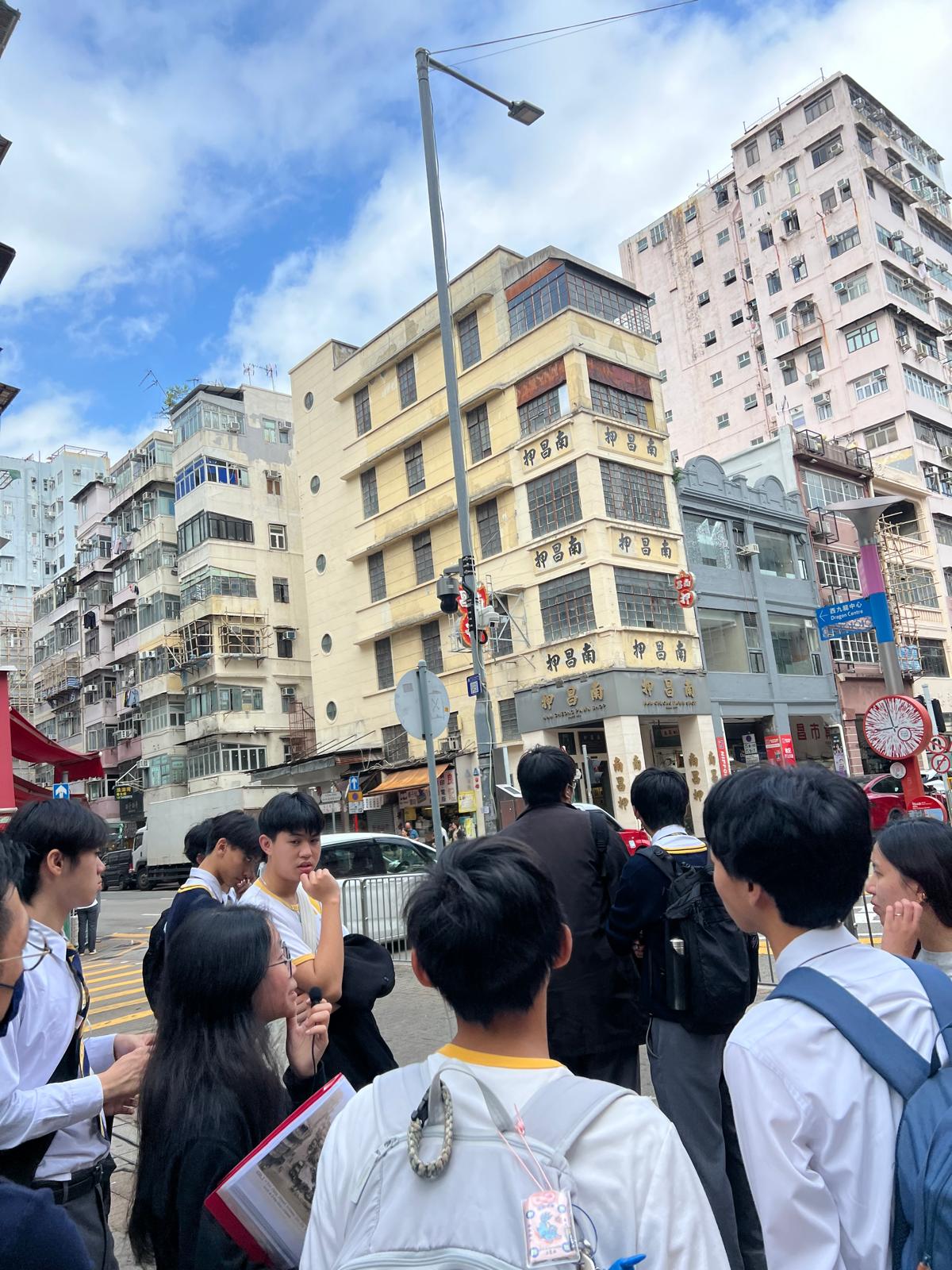 |
| 讓學生了解非物質文化遺產 | 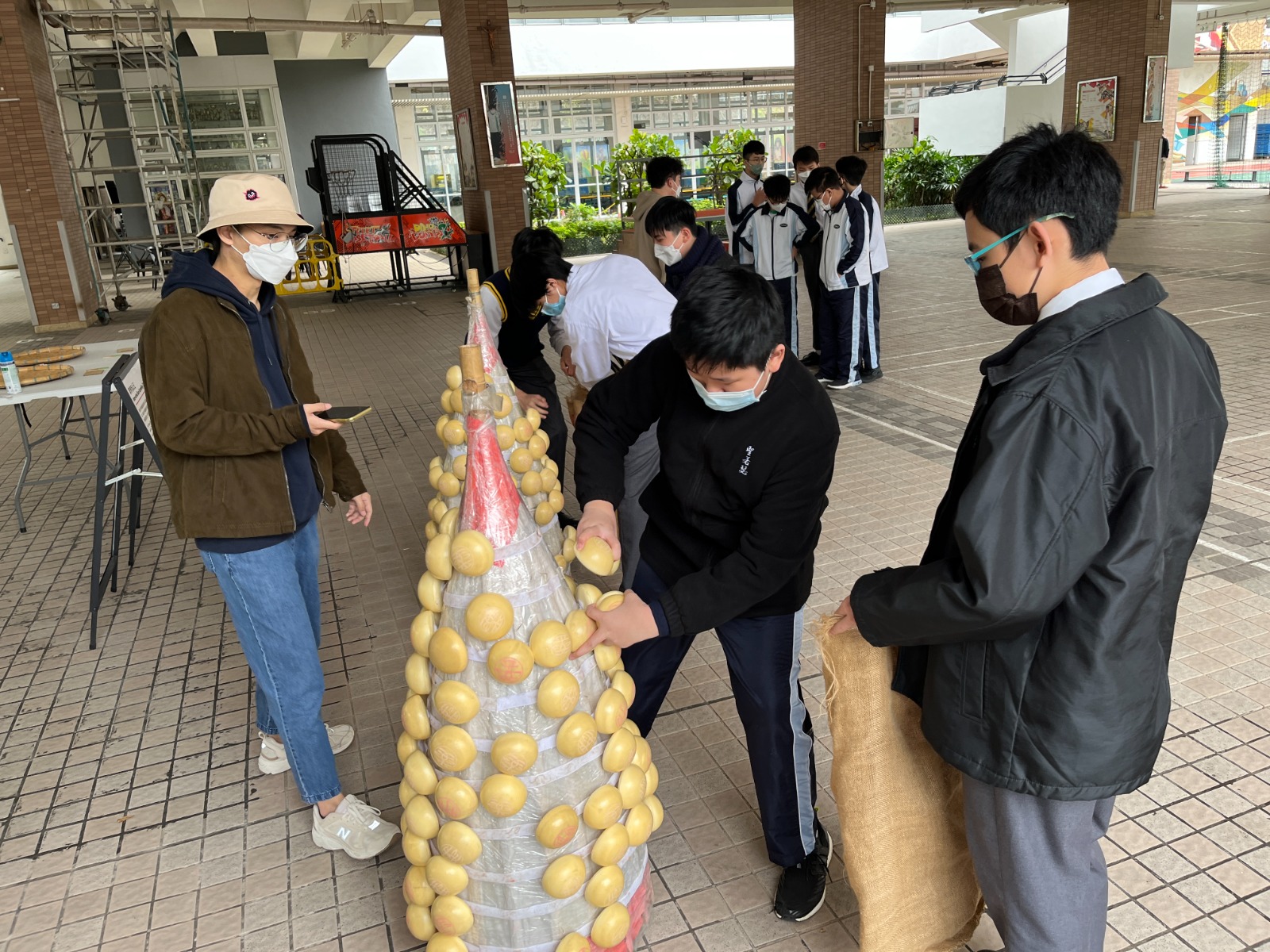 |
|
1 |
|
|
2 |
|
|
3 |
|
|
4 |
|
|
5 |
|
|
6 |
|
|
7 |
|
|
8 |
|
|
9 |
|
|
10 |
|
1 |
|
|
2 |
|
|
3 |
|
|
4 |
|
|
5 |
|
|
6 |
Address:
46 New Clear Water Bay Road, Kowloon
Tel: 37524500
Fax: 23252358
E-mail: contact@sjacs.edu.hk
Copyright © 2026. St. Joseph's Anglo-Chinese School, All Rights Reserved
